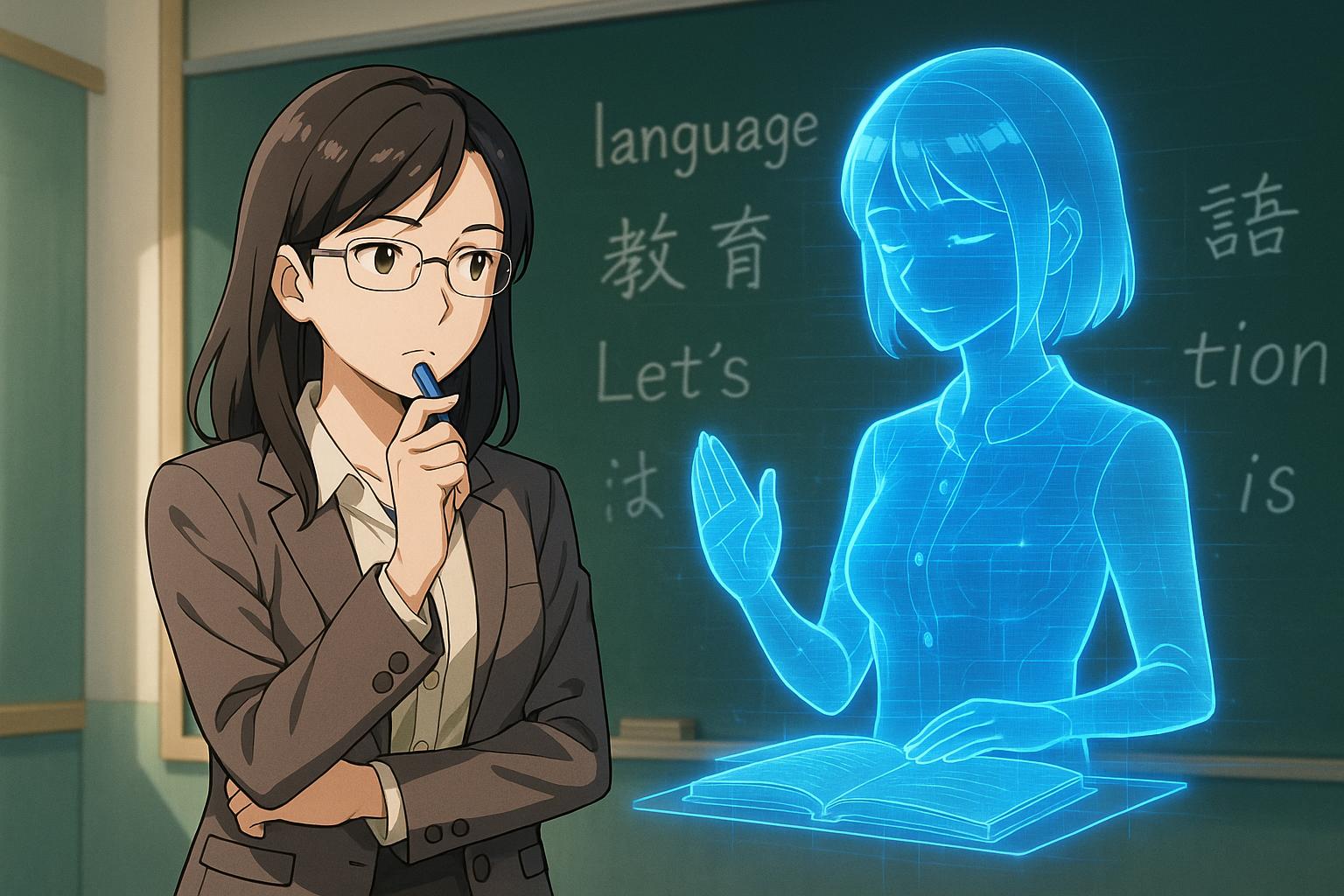Duolingo’s recent pivot towards a more measured approach to artificial intelligence (AI) illustrates the tension many tech companies face as they navigate the complexities of integrating AI while responding to valid public concern. Following backlash against its aggressive plans to implement AI in place of human employees, CEO and co-founder Luis von Ahn has reassured stakeholders that this technology will serve primarily as a tool to enhance—not replace—human work.
In a detailed LinkedIn post, von Ahn outlined his commitment to an evolving workplace, asserting that Duolingo remains actively engaged in hiring and supports its employees in adapting to new technological advancements. He stated, “The sooner we learn how to use it, and use it responsibly, the better off we will be in the long run.” This statement comes as a response to criticism aimed at the company, which earlier hinted at a significant reduction in its human workforce, particularly in contracting roles that could be automated. The prior messaging, coupled with von Ahn’s comments in various podcasts where he suggested that AI could outperform human teachers, sparked significant frustration among users and educators alike.
User reactions on social media platforms reflected a visible discontent, with many questioning if human teachers were still a part of their learning experience. Some even jested about the app’s reliance on AI, prompting Duolingo to respond with a light-hearted video featuring von Ahn himself, aimed at assuring users that AI’s role is to facilitate growth rather than diminish the human element.
A spokesperson for Duolingo clarified that while AI tools will be integrated into various functions, all AI-generated content will still be overseen by experts in language learning to ensure accuracy and quality align with international educational standards. This assurance appears pivotal, particularly as other tech entities face scrutiny over their handling of AI. For instance, Klarna’s chatbot failed to meet expectations and led to a reassessment of their strategy, while Shopify faced backlash over similar claims regarding AI’s potential to replace human roles.
Von Ahn has previously acknowledged in interviews that while AI may disrupt several professions, teaching remains a domain where human presence is vital. He articulated that the moral character and inspirational capability inherent in skilled teachers are qualities that AI cannot replicate. This nuanced understanding reflects a broader conversation within the industry regarding the balance between leveraging AI and preserving the essential human components of work, especially in education.
Recent academic research echoes these sentiments, revealing that the anticipated productivity enhancements from widespread AI adoption are not being realised at the levels anticipated. A study from the National Bureau of Economic Research, which monitored over 25,000 workers across AI-influenced sectors, found negligible improvements in both earnings and efficiency, prompting the need for a more cautious, considered approach to AI integration.
As Duolingo navigates this pivotal transition, it exemplifies the challenge many companies face: embracing innovation while remaining sensitive to the human factors that define their mission and values. Strategies that once aimed to dramatically prioritise AI integration are being replaced with more balanced frameworks that prioritise employee engagement and oversight, ensuring that technology acts as a means to enhance, rather than supplant, the human experience in learning.
Reference Map:
- Paragraph 1 – [1], [4]
- Paragraph 2 – [1], [2], [5]
- Paragraph 3 – [3], [6]
- Paragraph 4 – [2], [4]
- Paragraph 5 – [5], [6]
- Paragraph 6 – [1], [7]
Source: Noah Wire Services
